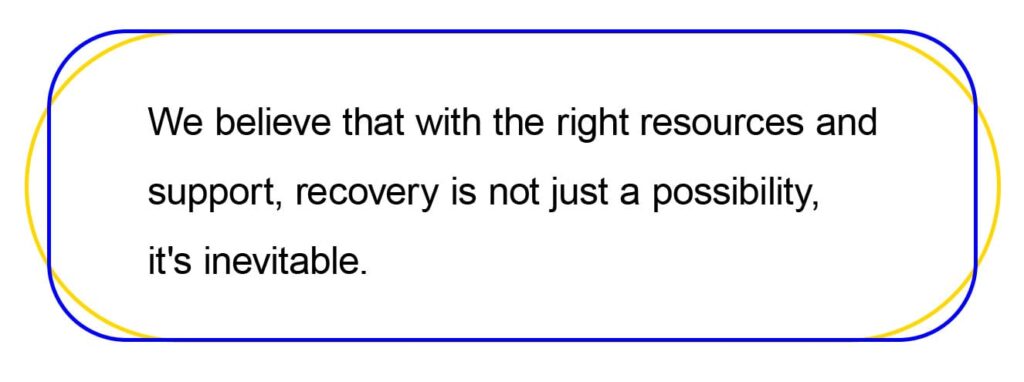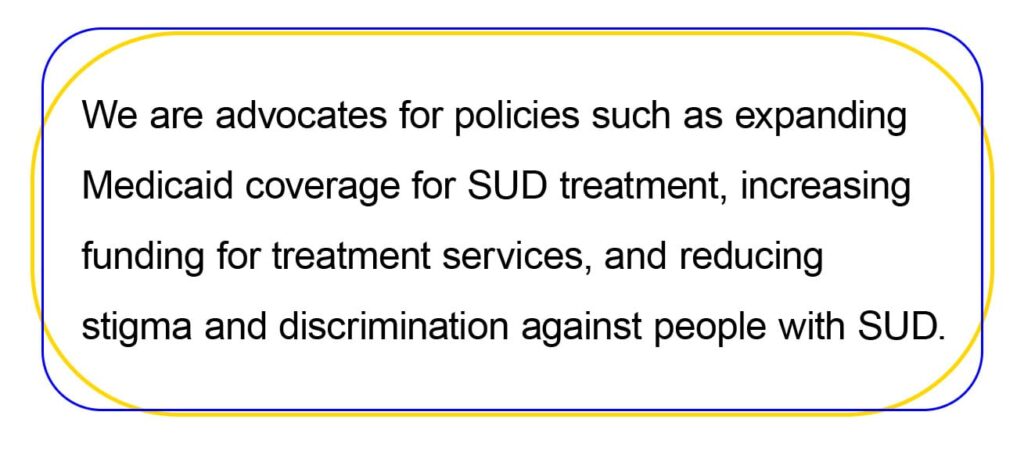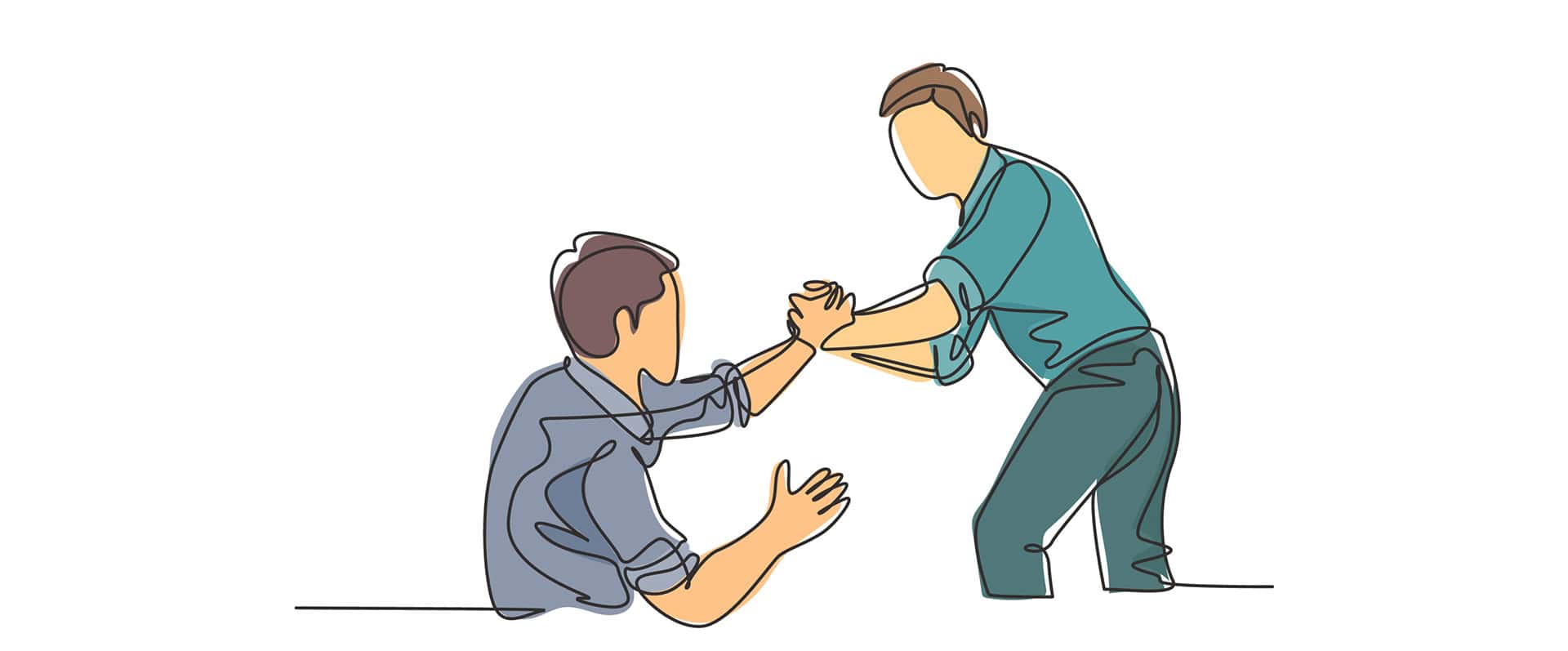One of the most direct ways to close the treatment gap is by providing financial assistance for treatment services. This can include paying for all or part of the cost of treatment, such as detoxification, inpatient or outpatient treatment, medication-assisted treatment, or other forms of therapy or support.

Increase Awareness of Treatment Options
Many people with SUD may not be aware of the treatment options available to them or how to access treatment. We will increase awareness of treatment options and educate the public about how to access them. This can include developing educational materials, hosting community events, or partnering with healthcare providers and other organizations to reach a wider audience.
Placement
Every individual’s journey with substance use and addiction is unique, characterized by personal experiences, backgrounds, and specific challenges. Recognizing this inherent diversity, Addiction Treatment Gap is deeply committed to ensuring that every person is placed in a treatment program that aligns with their specific needs and circumstances. Just as no two individuals are the same, neither should be their paths to recovery.
Address Social and Environmental Factors
The treatment gap is influenced by broader social and environmental factors, such as poverty, unemployment, and lack of social support. We are working to address these underlying factors and advocating for policies and programs that promote equity and social justice.
Advocate for Policy Changes
Advocacy can play an important role in closing the treatment gap by promoting policies and legislation that increase access to treatment services and reduce barriers to care.

Partner with Treatment Providers
We are partnering with treatment providers and other organizations that are working to increase access to care. This can include partnering with healthcare providers, community-based organizations, and government agencies to develop and implement programs that increase access to treatment services and support recovery.
Collaborative Efforts for Impact
Realizing the complex nature of addiction and its treatment, our approach is not a solitary endeavor. Collaborations lie at the heart of our mission. By forging strong alliances with treatment providers, healthcare institutions, community organizations, and government bodies, we amplify our impact. Together, we devise innovative strategies and solutions that cater to the diverse needs of those battling SUDs. Whether it’s through joint community outreach programs, shared resources, or collective advocacy efforts, our collaborations bolster our aim to provide every individual with a beacon of hope and a path to recovery.
Empowerment Through Education
Knowledge is power. One of the cornerstones of our mission is to empower individuals, families, and communities with the information they need about substance use disorders and treatment avenues. By hosting workshops, seminars, and community events, we shed light on the nuances of addiction, debunk myths, and provide practical guidance on seeking treatment. Through this, we hope to diminish the stigma attached to addiction, fostering a society that approaches SUD with empathy, understanding, and support.
Addiction Gap is a certified 501(c)(3) nonprofit
